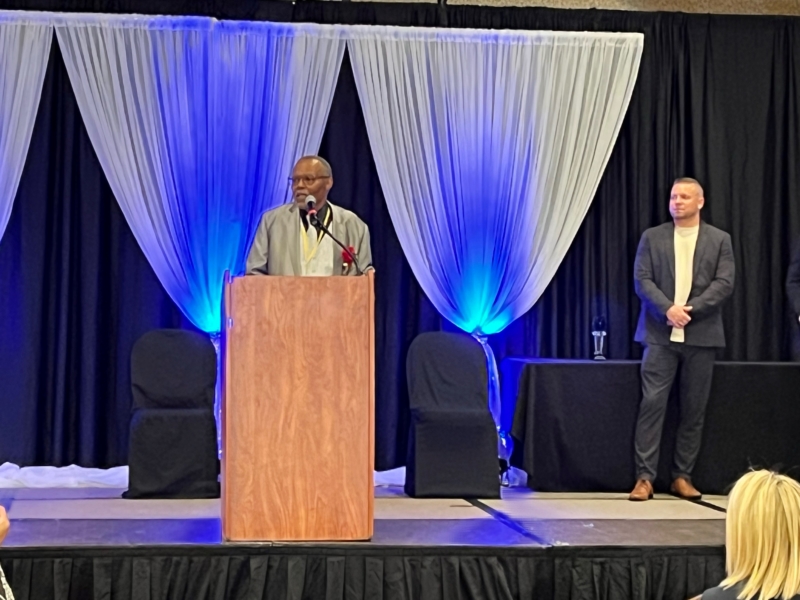Swope Health celebrates a Mental Health Champion
Each year, the state of Missouri’s Department of Mental Health selects three individuals to receive an award as a “Mental Health Champion.” The award recognizes an individual living with mental illness, developmental disabilities, or in recovery for substance use disorders. This distinguished award is presented to individuals who make a positive contribution to their community, …
Swope Health celebrates a Mental Health Champion Read More »













